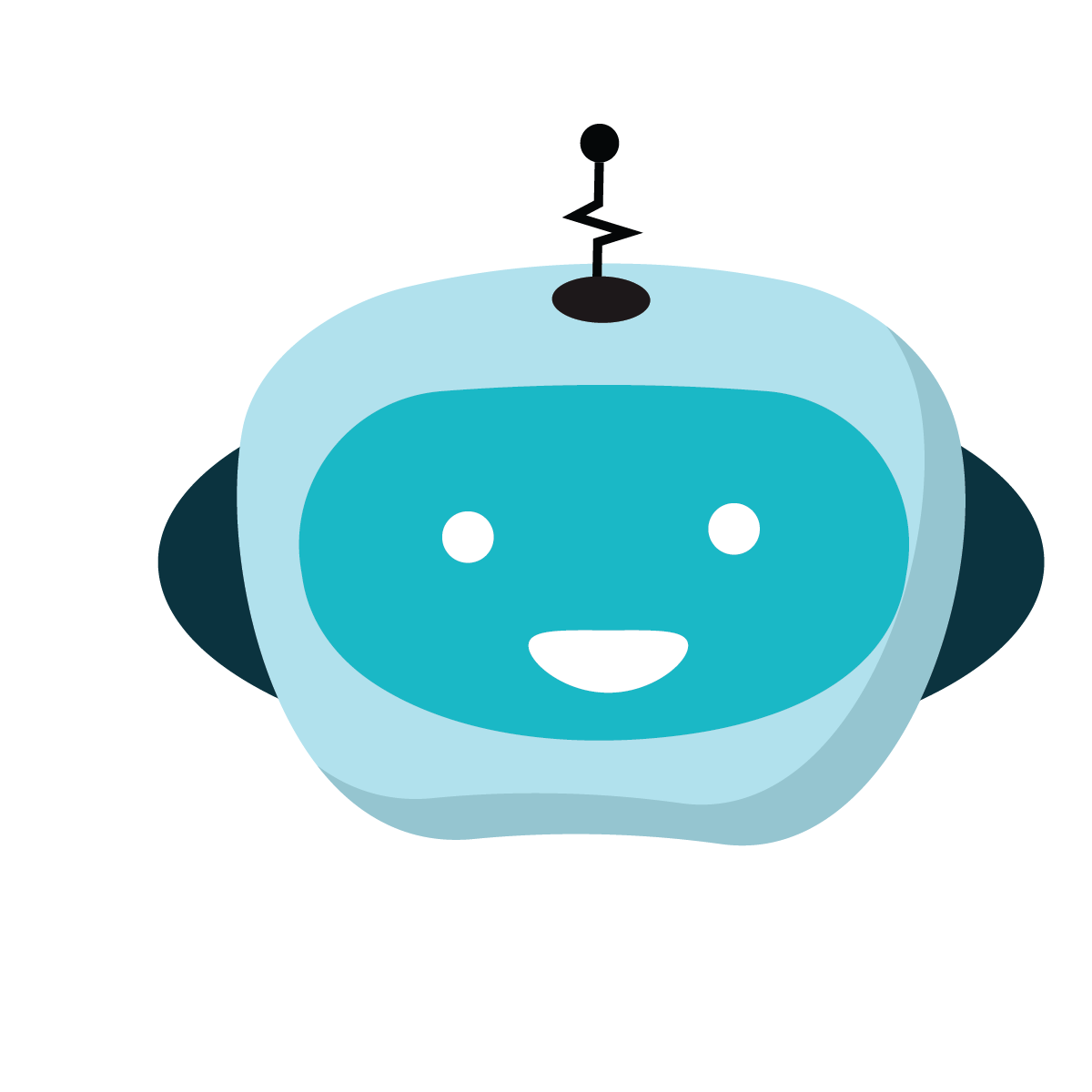The Gell-Mann Amnesia Effect: Why We Believe The News Even When It's Wrong

As a voracious consumer of news and information, I often find myself struggling to keep up with the latest developments in science, politics, and culture. From Twitter feeds to 24-hour cable news channels, there is no shortage of sources to choose from. However, I've noticed a strange phenomenon: while I'm quick to critique inaccuracies in news reports that touch on topics I know about, I often fail to question reporting on subjects I know little about. It's almost as if I've forgotten that the news can be wrong.
This phenomenon is known as the Gell-Mann Amnesia Effect, named after the physicist Murray Gell-Mann. Gell-Mann, who won a Nobel Prize for his work in particle physics, once remarked that he would read articles on topics he knew nothing about and find them to be riddled with errors. However, when he turned to articles on subjects he knew well, he would forget that the reporting could be flawed and take everything at face value.
😲 What is the Gell-Mann Amnesia Effect?
The Gell-Mann Amnesia Effect is a powerful reminder of the human tendency to selectively trust sources of information based on our own experiences and biases. We are more likely to question information that contradicts our existing beliefs or knowledge, but less likely to question information that supports them. This is why it's important to remain vigilant and skeptical of all news sources, even those we trust.
One example of this is the way that news outlets cover scientific research. Science reporting can often be misleading, as journalists simplify complex findings and draw broad conclusions from small studies. Studies themselves can also be flawed, with small sample sizes, biased methodologies, or dubious statistical analyses. However, because many people lack expertise in the sciences, they may not realize when a report is oversimplifying or misrepresenting research findings.
⚔️ How can we combat this effect?
To combat the Gell-Mann Amnesia Effect, we need to be aware of our own limitations as information consumers. It's important to seek out multiple sources and perspectives, fact-check claims, and critically evaluate the quality of reporting. We should be wary of sensational headlines and clickbait, and instead seek out in-depth coverage from reputable sources.
At the same time, we should also be willing to acknowledge our own biases and limitations. Nobody can be an expert on everything, and we should be humble enough to recognize when we don't know enough about a subject to make an informed judgment. When in doubt, it's always better to seek out more information and consult with trusted experts.
🔚 Conclusion
In conclusion, the Gell-Mann Amnesia Effect is a reminder that the news is fallible, and that we need to approach all sources of information with a critical eye. By doing so, we can avoid falling prey to misinformation and ensure that we are well-informed and equipped to navigate the complexities of the world around us.
📖 References
- Gell-Mann, M. (1992). "The Quark and the Jaguar: Adventures in the Simple and the Complex." Macmillan.
- Kloor, K. (2014, July 10). "The Murray Gell-Mann Amnesia Effect." Discover Magazine. https://www.discovermagazine.com/the-sciences/the-murray-gell-mann-amnesia-effect
💁♂️ Enjoyed the read ?
Join the 100+ people who gain valuable insights on life every week. Subscribe to my FREE newsletter and get super interesting articles delivered straight to your inbox.
💌 Have something to share ?
Feel free to drop a mail to thebotsite@protonmail.me
